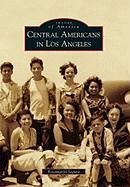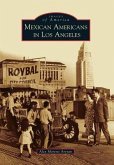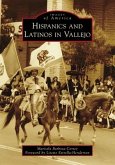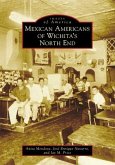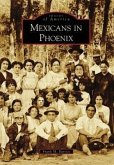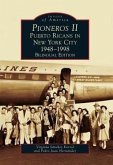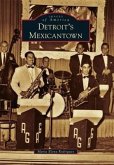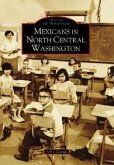The second-largest Latino-immigrant group in Los Angeles after Mexicans, Central Americans have become a remarkable presence in city neighborhoods, with colorful festivals, flags adorning cars, community organizations, as well as vibrant ethnic businesses. The people from Belize, Guatemala, El Salvador, Honduras, Nicaragua, Costa Rica, and Panama living in Los Angeles share many cultural and historical commonalities, such as language, politics, religion, and perilous migratory paths as well as future challenges. The distinctions are also evident as ethnicities, music, and food create a healthy diversity throughout residential locations in Los Angeles. During the 1980s and 1990s, an unprecedented number of new Central Americans arrived in this cosmopolitan city, many for economic reasons while others were escaping political turmoil in their native countries. Today they are part of the ethnic layers that shape the local population. Central Americans have embraced Los Angeles as home and, in doing so, transported their rich heritage and customs to the streets of this multicultural metropolis.
Hinweis: Dieser Artikel kann nur an eine deutsche Lieferadresse ausgeliefert werden.
Hinweis: Dieser Artikel kann nur an eine deutsche Lieferadresse ausgeliefert werden.

